College Campuses Must Reopen in the Fall. Here's How We Do It.
It won't be easy, but there's a path to get students back on track. Higher education will crumble without it.
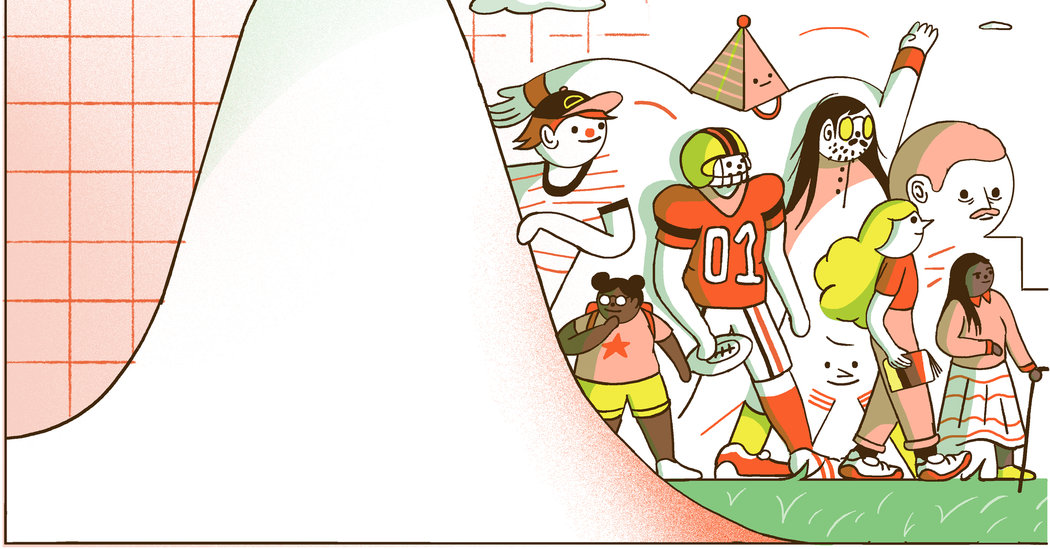
opinion articles
Send us a link
It won't be easy, but there's a path to get students back on track. Higher education will crumble without it.

Many outside observers might reasonably assume that science usually works like this. Yet open science is very far from the norm for most research. Why is openly accessible science so important?

The new and improved Times Higher Education (THE) Impact Rankings 2020 were published this week with as much online fanfare as THE could muster. Unfortunately,
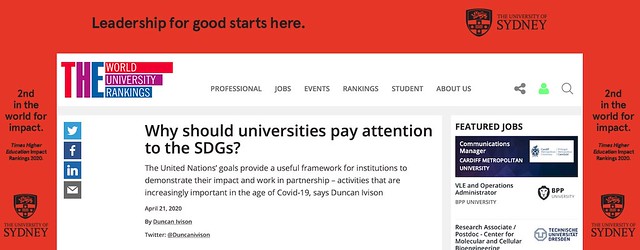
Editors of academic journals have started noticing a trend: Women - who inevitably shoulder a greater share of family responsibilities - seem to be submitting fewer papers, while men are submitting up to 50 percent more than they usually would.
For Elizabeth Gadd, the Covid-19 pandemic makes it clear that long standing issues with academic publications need to be addressed quickly and definitively.

How can qualitative researchers collect data during social-distancing measures?

Andy Westwood sets out the not-insignificant challenges that the government now faces in deciding what it wants from universities after the pandemic.
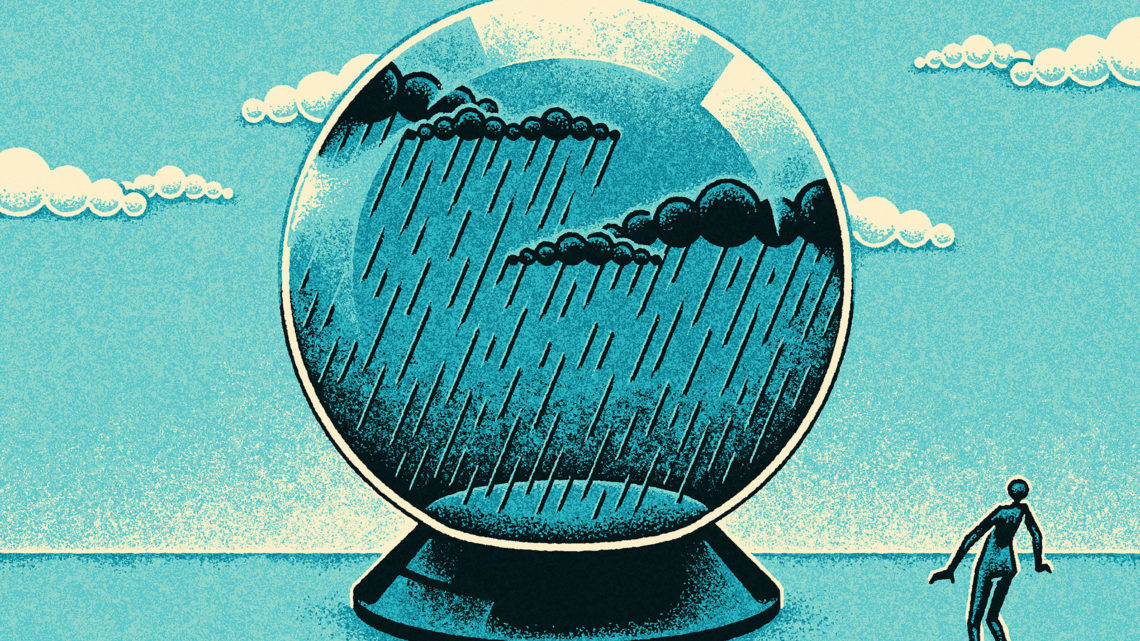
To create a better post-COVID-19 world requires democratic civic universities dedicated to producing knowledge and educating ethical, empathetic stude...

Do students really need a four-year residential experience?
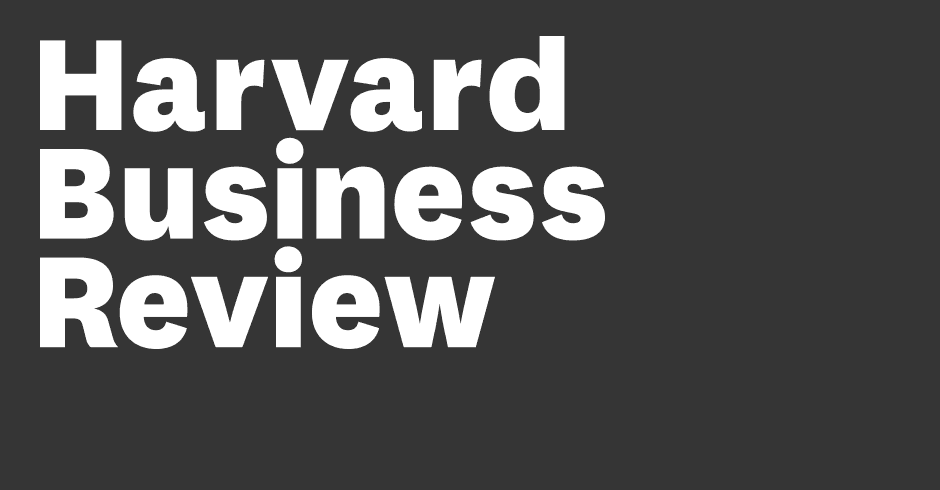
Don't let academia's initiatives to advance women become just another way to game the research system, urges Charikleia Tzanakou.
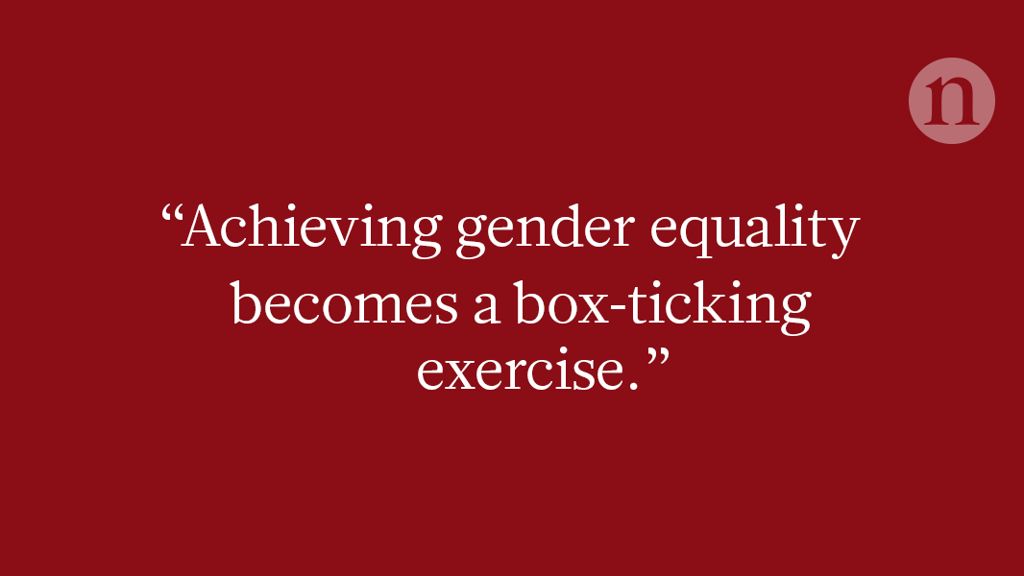
I'm curious what lockdown will reveal about the 'maternal wall' that can block faculty advancement.
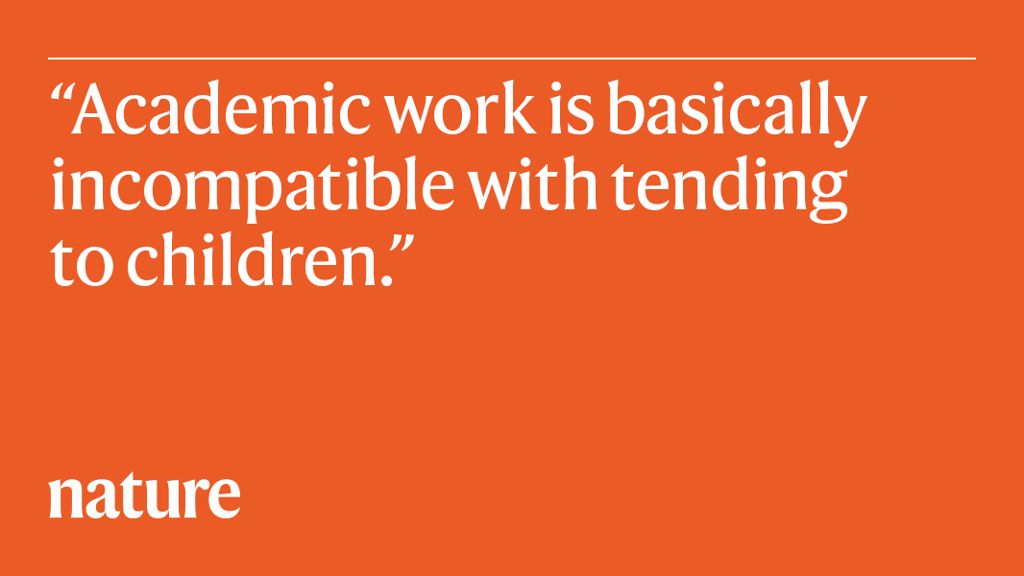
For 11 fateful days in March, the government ignored the best coronavirus advice, says public health professor Helen Ward.

No one complained about the lack of evidence for 20-second hand-washing. So why did we treat face masks differently?
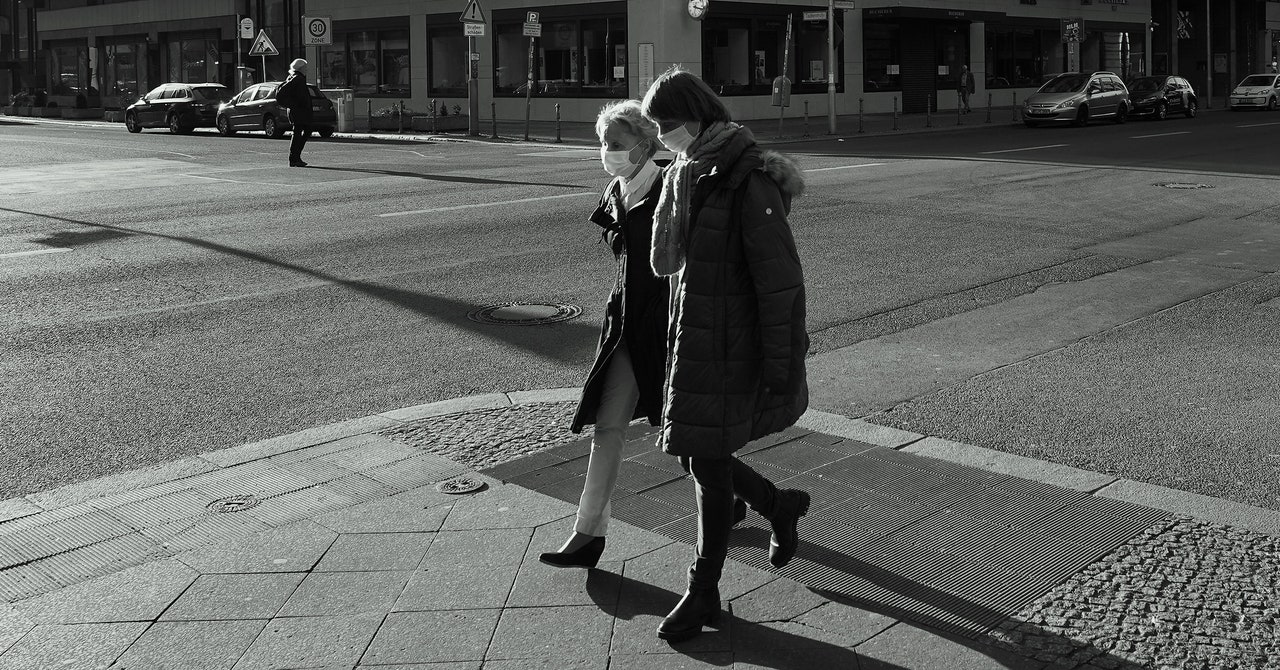
A systematic focus on governance – instead of, or at least alongside, open access – is vital for the future of publishing. Even if the for-profit publishing model is not going to be ‘killed’ any time soon, governance may still allow us to assert some control over it. Coupled with the publishing futures already being created and nurtured by library publishers, university presses and scholar-led collectives, we may be able to imagine a world that isn’t trapped in the logic of COVID-19.
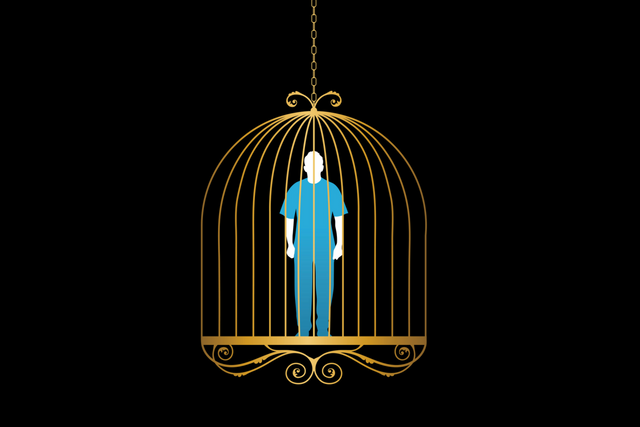
Opinion piece argues that there is nothing 'natural' about the coronavirus pandemic: global capitalism has created it. Social distancing is like a general strike: an experiment taking back control over our own time.

The COVID crisis fuels a rapid acceleration in open science, but still a lot of crucial sources are paywalled.

Article explores what European funders are doing to drive change in scholarly communication, and argue that funders’ open policies could be backed up more by funders’ own practices.

No model whose purpose is to study the overall benefits of mitigations should end at a time-point before a steady-state is reached.
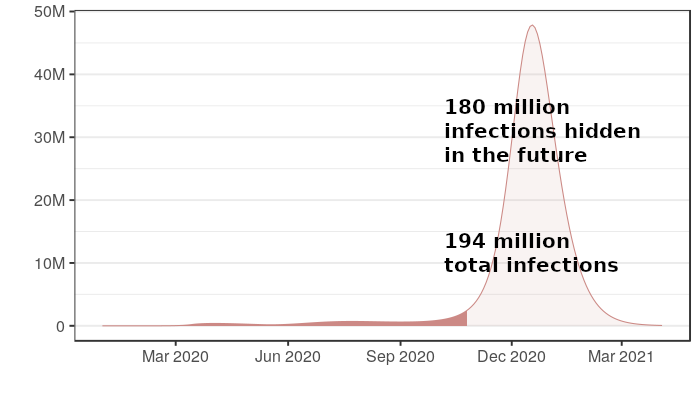
How, then, does an agency like NSF—which has considerable influence but limited direct authority—work with the community and other institutions to implement change on issues that cannot wait? The case of NSF's work to combat harassment in the science community, a persistent problem for decades that remains shockingly widespread, is illustrative.
Scientists are teaming up to fight COVID-19. Presidents and prime ministers should, too.
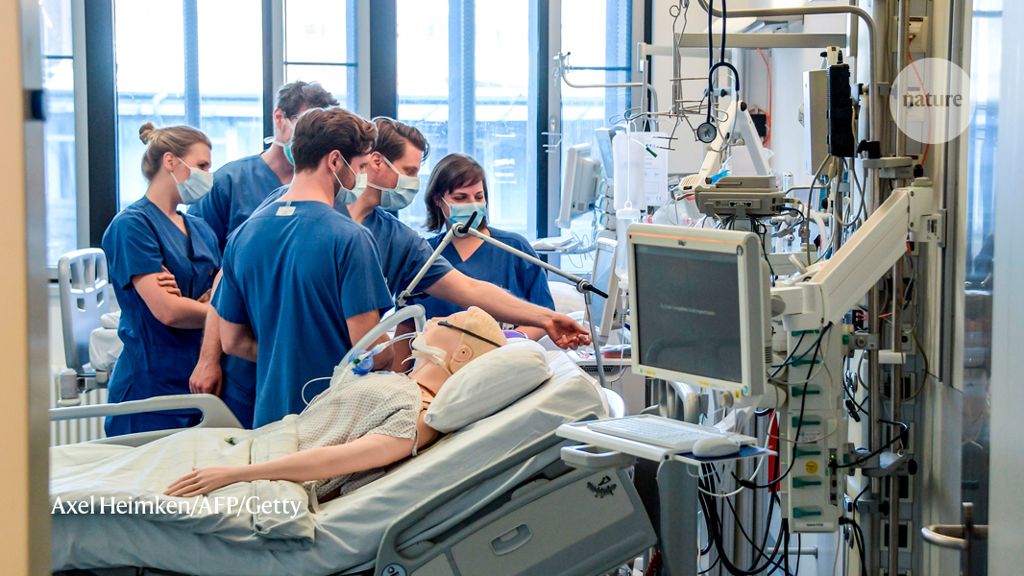
To speed information sharing, many scientists are posting paper drafts directly online. What are the potential downsides of that?

Some argue that rapid data sharing is ideally suited for infectious disease outbreaks like the one we’re experiencing now. However, the prospect of public access to unvetted work sparked worry about potential health scares and patients demanding unproven treatments.
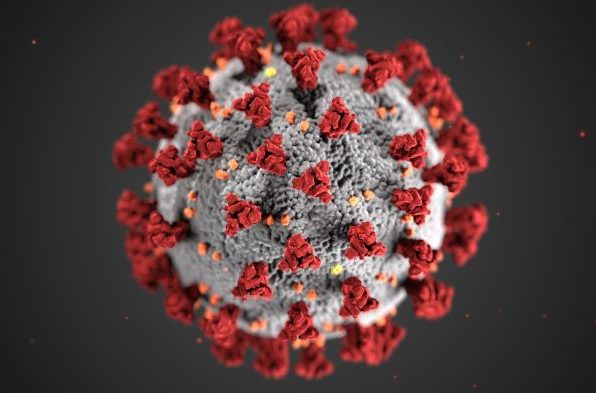
You learned a lot about social distancing when you wrote a dissertation. That experience can help you get through this pandemic crisis.
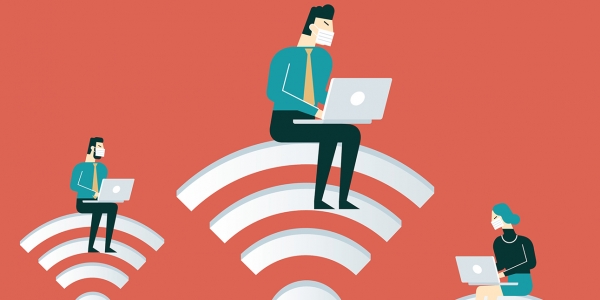
As the scientific community adapts to new working conditions in response to the growing pandemic, early-career researchers recommend actions to help lessen the unintended consequences of canceled conferences.